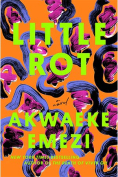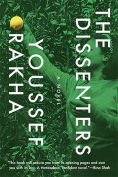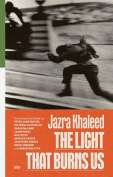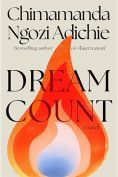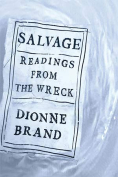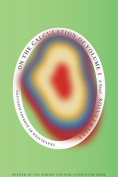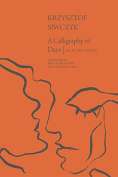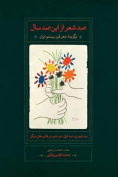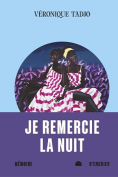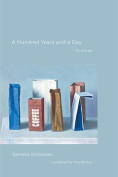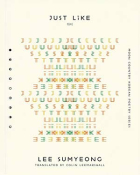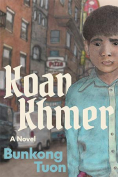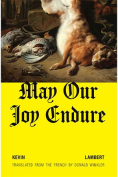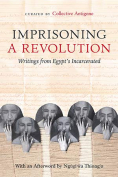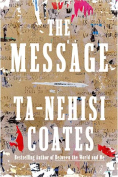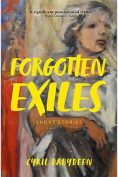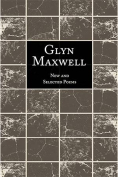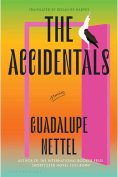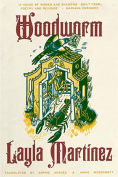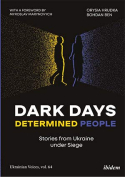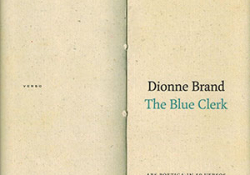Salvage: Readings from the Wreck by Dionne Brand

New York. Farrar, Straus & Giroux. 2024. 224 pages.
Dionne Brand’s Salvage: Readings from the Wreck is a timely foray into the “forensics of how readers are made. And unmade.” The internationally acclaimed poet, novelist, and essayist mixes autobiography with literary criticism and urges readers to examine how canonical literature of the seventeenth, eighteenth, and nineteenth century excised non-European whites from their pages. “The deletion obfuscates the violence,” she writes, “the inhumane.” Brand delivers a thorough analysis of colonial fiction and authors whose works are required reading in colleges worldwide. She reveals the imperialistic beliefs that shaped the tropes we encounter in English and American literature to this day. Readers who wish to decolonize their bookshelves must reread the classics before the purge. Salvage is a magical lens that makes the unwritten leap off the page.
Brand’s book is the product of an insatiable bibliophile and astute scholar. She dissects canonical works and asserts, “Giving these works the imprimatur of great literature indemnified the violence of the bourgeoisie.” Aphra Behn’s “Europeanized character,” Oroonoko, espouses an “undying faith in European affectations of honesty, integrity,” yet it leaves him dismembered. A careful examination of Defoe’s The Life and Adventures of Robinson Crusoe, Brontë’s Jane Eyre, Thackeray’s Vanity Fair, and countless other titles reveal that the “designation of human only applies to Europeans.” Those authors wrote enslaved Black and Indigenous characters as caricatures that serve oppressors gleefully and with a yearning to emulate them.
These tropes, lodged in the consciousness of society, assign Black people as placeholders, “a void” no one notices. Brand admits to reading past the void in Thackeray’s Vanity Fair: “How did I miss Sambo? On the first page? What slippage of interpretation accomplished that?” Brand also engages with contemporary reinterpretations of classic works, pointing out their limitations.
Brand inserts herself into the narrative as “a reader like me.” This approach allows readers to understand the impact these works can have on the formation of a colonial subject. While Brand’s analysis of colonial themes is not uncharted territory, her poetic sensibility and unique perspective make Salvage a compelling read, not just a critique of the past.
Brand’s blend of personal experience and critical analysis makes this work intellectually stimulating and resonant. Salvage: Readings from the Wreck should be required reading and placed alongside those canonical texts we must read in college and beyond.
Katia D. Ulysse
Baltimore

